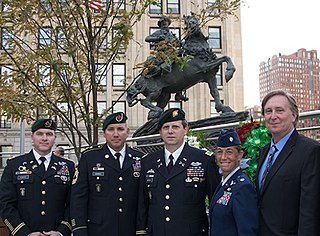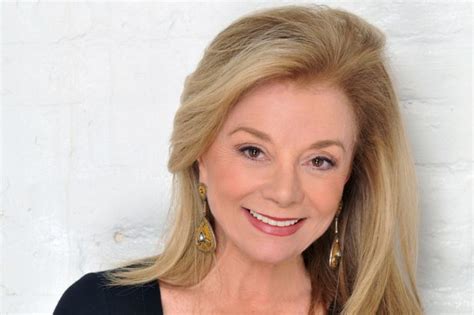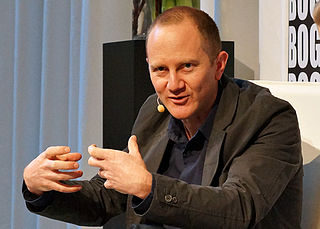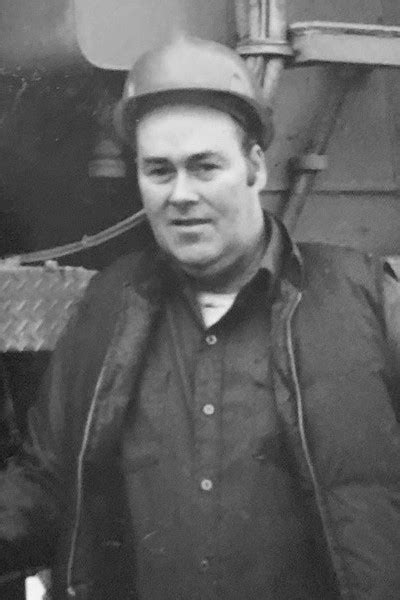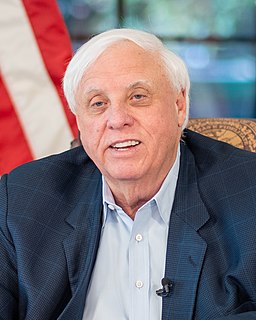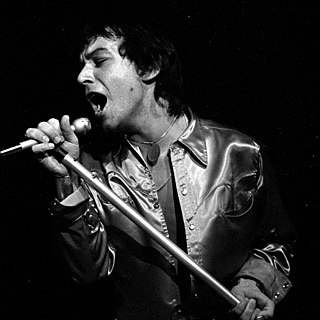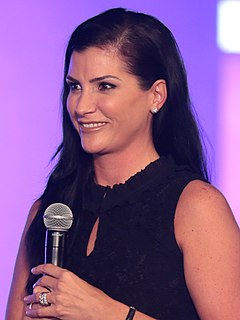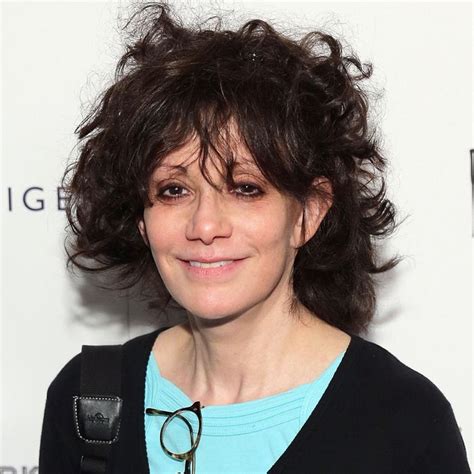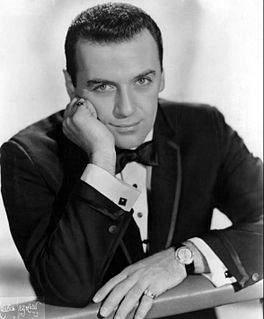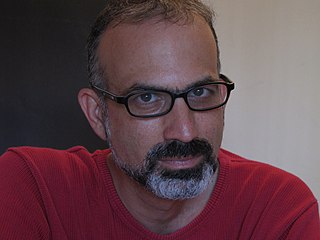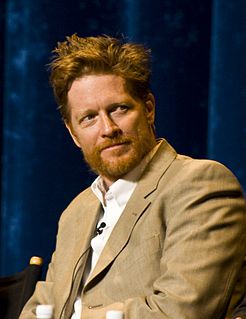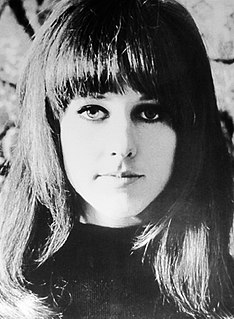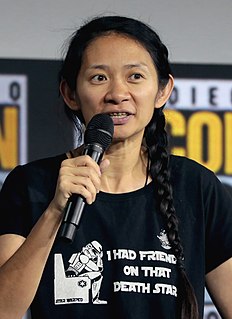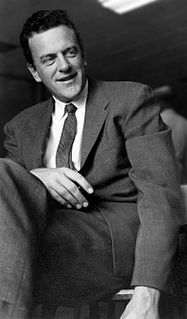Top 76 WWII Quotes & Sayings
Explore popular WWII quotes.
Last updated on April 14, 2025.
Bernie Sanders is like those liberal members of the German National Socialist Party during the WWII, or of the Italian Fascist movement during Mussolini. They'd do much for their own workers and peasants, socially... as long as funds were flowing in from the countries plundered by their imperialism.
We've been in the nation-building business since World War I, and especially since WWII. The goal is not a Jeffersonian Democracy in Afghanistan, but a representative government that respects human rights, protects its own people, and is a friend of the West. These are very realistic - and necessary - goals.
It's said that you can tell a lot about someone by who opposes them. In the case of liberal pundit Bill Maher - a man who called America's actions cowardly in the wake of 9/11 and who mocked WWII veterans who wanted to visit the monument built in their honor - I wear his disapproval of me as a badge of honor.
Longevity is something I never gave a second thought to. I guess it's the shadow of growing up in post WWII, but I never believed I would live past 20. Here I am though... a senior citizen... my voice and heart are stronger than ever, but boredom is the greatest enemy so I have to be careful not to slip over the edge.
Thematically, we're both [with Kristin Hannah ] interested in women's experiences and women's stories, and until now, you've mostly dealt with how it feels to be a wife/mother/sister/name your poison in today's world. But this story [The Nightingale ] is told from the perspective of two sisters during the German occupation of France in WWII.
In the early 19th century, when the country was transitioning from an agrarian to an industrial economy, we subsidised transportation and created a national bank. In the post-WWII era, we as a federal government made strategic investments in emerging technologies including microelectronics, telecommunications and biotechnology.
When WWII ended, the Cold War started, and the interest of the Western world was not to completely break Germany. So all those Nazis who had been controlling the country now had the power to rebuild it. I think there were many of them who just continued their life in society; it's a very known fact.
God was pitched out of forced schooling on his ear after WWII. This wasn't because of any constitutional proscription-there was none that anyone had been able to find in over a century and a half-but because the political state and corporate economy considered the Western spiritual tradition too dangerous a competitor. And it is.
I conduct very few interviews with veterans. The contemporaneous, or near-contemporaneous, record for WWII is so spectacularly deep that latter-day recollections are largely unnecessary for a historian. Of course, in considering any account, I'm looking for additional sources that can confirm or enlarge that version of events.
'Feminist comedy,' practically an oxymoron, had a couple of good years after WWII. Chalk it up to the forced female autonomy that occurred during wartime, when Rosie the Riveter went to work in the factories, constructing the Allies' war machines while taking charge of the finances, the home, and the children.
The thing about collaborators is that you don't know you are one whereas as a member of the resistance, you do. [In WWII,] the worst cases of collaboration weren't among the real collaborators, that official militia, but among the people at large, who were collaborators without knowing it, by a sort of laxity, an apathy.
